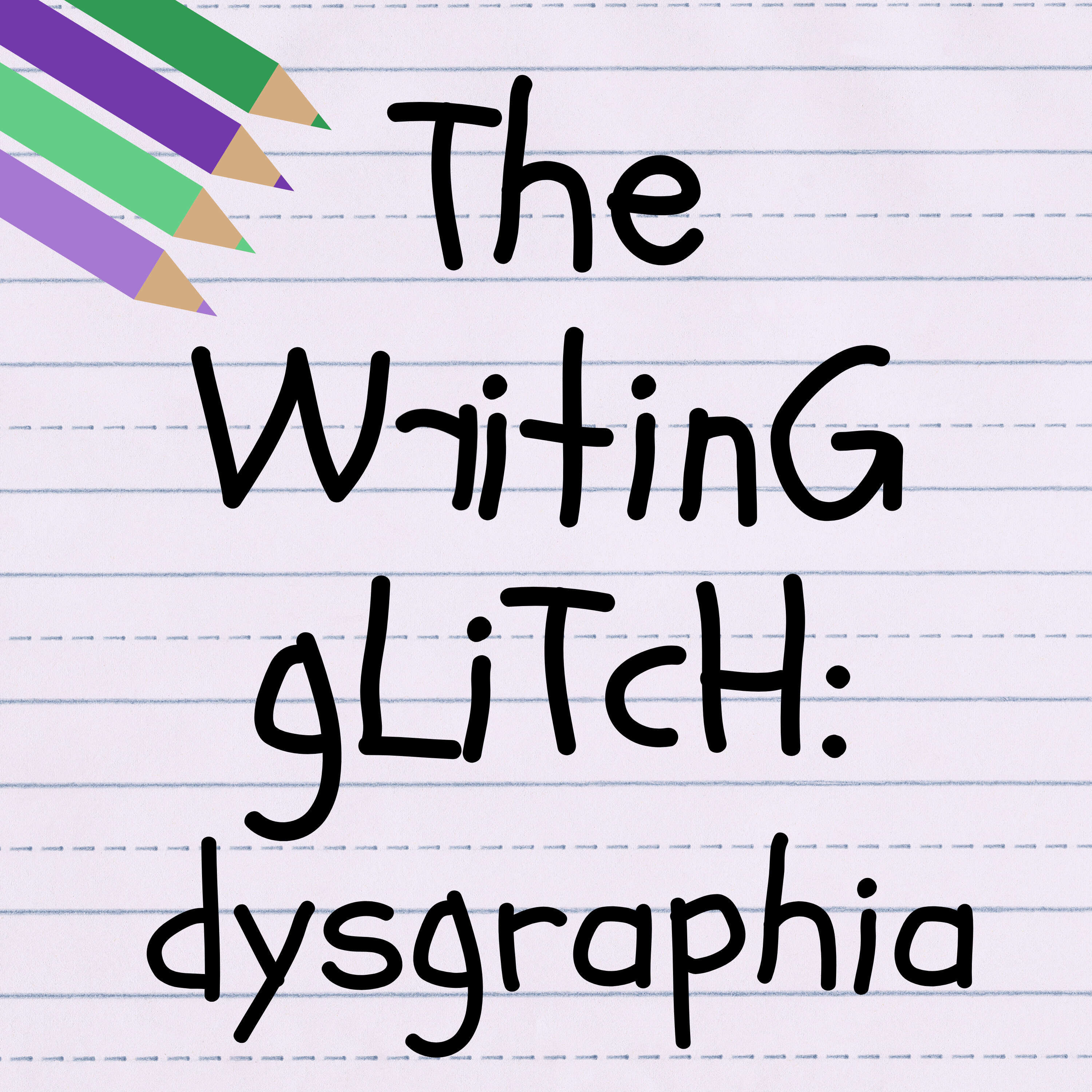- After-Shows
- Alternative
- Animals
- Animation
- Arts
- Astronomy
- Automotive
- Aviation
- Baseball
- Basketball
- Beauty
- Books
- Buddhism
- Business
- Careers
- Chemistry
- Christianity
- Climate
- Comedy
- Commentary
- Courses
- Crafts
- Cricket
- Cryptocurrency
- Culture
- Daily
- Design
- Documentary
- Drama
- Earth
- Education
- Entertainment
- Entrepreneurship
- Family
- Fantasy
- Fashion
- Fiction
- Film
- Fitness
- Food
- Football
- Games
- Garden
- Golf
- Government
- Health
- Hinduism
- History
- Hobbies
- Hockey
- Home
- How-To
- Improv
- Interviews
- Investing
- Islam
- Journals
- Judaism
- Kids
- Language
- Learning
- Leisure
- Life
- Management
- Manga
- Marketing
- Mathematics
- Medicine
- Mental
- Music
- Natural
- Nature
- News
- Non-Profit
- Nutrition
- Parenting
- Performing
- Personal
- Pets
- Philosophy
- Physics
- Places
- Politics
- Relationships
- Religion
- Reviews
- Role-Playing
- Rugby
- Running
- Science
- Self-Improvement
- Sexuality
- Soccer
- Social
- Society
- Spirituality
- Sports
- Stand-Up
- Stories
- Swimming
- TV
- Tabletop
- Technology
- Tennis
- Travel
- True Crime
- Episode-Games
- Visual
- Volleyball
- Weather
- Wilderness
- Wrestling
- Other
TWG EKS 12: Sensory-Inclusive Homeschooling: Strategies for Supporting Children with Sensory Processing Challenges with Sarah Collins
Welcome to today’s interview on the Emotional Kids Summit.
In this conversation, Sarah, a homeschooling occupational therapist, and Cheri discuss their experiences with homeschooling and supporting children with different learning styles. Sarah shares how she discovered homeschooling as a better fit for her son, who had Sensory Processing Disorder and struggled in a traditional classroom environment. She combined her love for homeschooling and occupational therapy to support her community and help homeschooling families navigate their children's educational needs.Cheri praises Sarah's efforts and mentions how they met a few years ago when Sarah invited her to be a guest on her program. They talk about the importance of continuously revamping educational approaches to provide fresh learning experiences for children. They highlight the value of teaching children how they learn and understand their individual needs, preparing them for future challenges, and empowering them to advocate for themselves.Sarah and Cheri discuss various strategies for supporting children during emotional outbursts at home and in co-op settings. They emphasize the significance of regulation and de-escalation techniques, such as engaging in physical activities like push-ups or turning off the lights to create a calming environment. Sarah shares her symbolic gesture of using a closed fist to represent the brain and a folded thumb to represent the brainstem, demonstrating the connection between sensory regulation and emotional control.If you’d like to see the interview on video, join the Companion Course to this series. Here is the link.
Inside the Companion Course, we are offering amazing bonus materials. Some of these resources include:
Complimentary call with Cheri
A chance to join the Math DYSConnected book launch team
Access to The Purple X mini-course
Complimentary ticket to the Introduction to Dysgraphia Webinar
Complimentary ticket to Small Group Math Interventions
Complimentary ticket to Saturday Math
Two-part on-demand webinar on dysgraphia and dyscalculia with the option to receive CEUs
Free downloadable resources
Plus, the resources that Mr. Quinlan shared today in this episode.
★ Support this podcast ★

